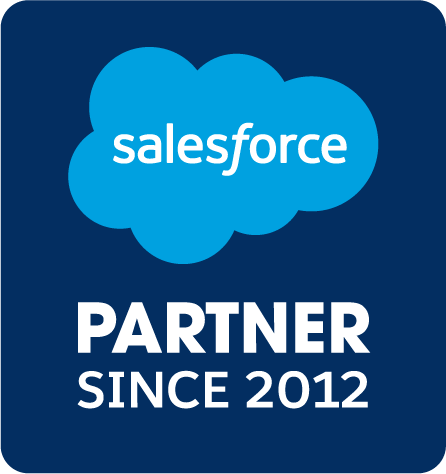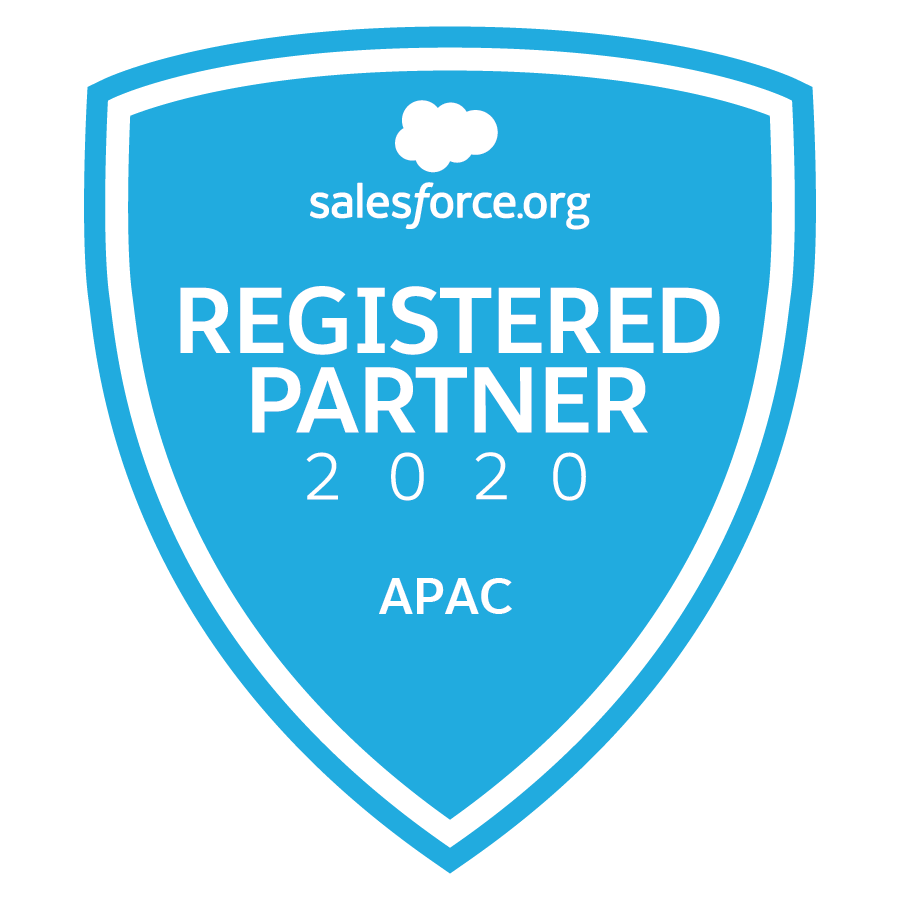Operating a business involves facing constant challenges; everyday you make decisions that affect your employees, be it from a sales, marketing, delivery, or customer service perspective. Managing customer relationships is often one of a businesses top priorities but it can also be a challenging and time consuming task. According to our Team Administrator, Chonna Pelayo, that’s where using a CRM such as Salesforce comes into its own.
The acronym CRM stands for Customer Relationship Management. It is a business software that helps individuals and teams manage and analyse their interactions with past, present, and potential customers. It gives every business the opportunity to understand, nurture relationships, and provide the best customer experience.
For many businesses their goal to remain profitable is simple: improve business relationships through customer retention and acquisition. Although setting processes in place to achieve a good customer experience takes time, once they become effective, it will turn every experience into personalised service that will keep customers happy, connected and loyal to what you sell.
Why is having a 360 degree view of your customers important?
Having a 360 degree view of your customers means having as much information about them as possible in order to work out how best to market to them. From basic information like name and contact details, to historical purchases, customer service enquiries, communication preferences, and social media behavior, all interactions are relevant.
This is particularly important in today’s world where we all have access to information through different channels, and buying habits and traits are often influenced not just by personal experiences but by those of experts and fellow customers.
With the proliferation of online research, user reviews, and social media feedback to name a few, people are connecting virtually in meaningful ways that can supplement or improve upon a businesses traditional interactions such as in-store, email, or over the phone. Having these portals enables customers to interact with each other and share opinions, which provides businesses with an insight into their customers thoughts and experiences while also increasing brand identity, credibility, and loyalty.
With a 360 degree view of their customers provided by such interactions, businesses are able to build powerful customer relationships more effectively and deliver a targeted customer experience which will lead to long-term business success.
How can a CRM help businesses provide a better experience for customers?
Improved Customer Service
When COVID-19 forced many organisations to virtualise in days, a lot of people were suddenly working on personal devices without the same resources and access they would have at the office. With a CRM, information can be accessed in any location via any device, so no matter who is helping the customer, or from where, they’ll have access to real-time and up-to-date data.
Having information such as past purchases, preferences, issues, and anything else that might assist in finding a solution available for everyone improves your customer service as it ensures continuity of information and provides customers with a seamless experience regardless of who they are dealing with.
Enhanced communication
Before implementing a CRM, data is likely spread across multiple channels or devices that make it hard to track all needed information. This often leads to an inconsistent and disorganised customer experience as spreadsheets are not updated, valuable customer information is lost, and there is a lack of consistency in communications.
This is something the Marketing team at Deakin University knew all too well before their Student Management system and their Prospective Students Enquiry system were integrated. Now that their systems are integrated, it is easy for them to reliably see what stage their students are at without the need for spreadsheet updating and tracking. This has resulted in reduced manual handling and has provided the Marketing team with accurate and up-to-date information about a person so they can tailor their campaigns accordingly. To learn more, check out the Deakin success story.
In addition to making it easy for sales teams to follow up on prospects and proposals, the use of a CRM also enhances your communications as you know your customers interests and requirements and can use that information to target your messaging.
Greater efficiency for multiple teams
While a CRM is great for connecting people in different locations, it is also useful for ensuring the continuity of a customers journey across teams as everyone can see what is happening in every stage of a project. From development to training, quality control and customer service, having the right tools are essential to delivering better performance to existing and potential customers. For instance, while marketing provides the tools to attract and nurture relationships and sales focuses on closing deals, by collaborating and sharing information in the one place, both teams will be able to deliver targeted and useful content to prospects and customers.
Improved analytical data and reporting
Delivering a good customer experience goes beyond simply sending information that they are likely to find relevant and interesting. You may have the best campaign in the world but without monitoring the success, or otherwise, of it you won’t know what’s working and what’s not. With a CRM you are easily able to get insights and create personalised dashboards that include key performance indicators.
This is important as centralising information and presenting it in ways that drives new business, improves customer service and provides decision makers with a strategic weapon they can use to better identify additional opportunities.
Stay focused on customers
Imagine being able to plan a campaign once and have different actions automatically occur when a customer clicks a link or makes an enquiry. No more manually updating spreadsheets or following up emails. Simply create a customer journey, add the customers contact details to your campaign and they will automatically go through the steps you’ve created and will receive the information without you having to remember to supply it.
By automating these repetitive tasks, you are able to spend less time typing and more time planning and pursuing the right opportunities at the right time. CRM’s also enable leaders to adapt to quickly changing business conditions while keeping the customer as a focus.
There’s no doubt that having a CRM provides a more comprehensive and detailed overview of your customers and their preferences and interactions. With information stored in one place, which any member of staff can access from anywhere, it is easy to ensure continuity of information and consistent communications with customers. This will be vital as we move into a post-COVID world where customers expect a great experience regardless of how they’re interacting with a business.






